Karen Torley of Marie Curie explains how palliative care at home was supported through successful partnerships with local providers in Durham and Darlington
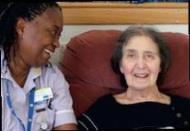
This article was part of the End of Life Care channel, in association with Marie Curie Cancer Care. The channel is no longer being updated.
A partnership between Marie Curie, independent hospices and a local NHS foundation trust was the first of its kind in the North East.
The initiative demonstrates how pooled expertise and resources can deliver a seamless model of care that responds to local need, achieves better patient outcomes and reduces unnecessary hospital admissions.
The challenge
Durham and Darlington providers were faced with a number of problems with palliative and end of life care pathways including:
- high numbers of patients being admitted to hospital at the end of life and dying within eight days of admission; and
- a lack of capacity in the local community team to support patients at short notice.
A need was indentified for rapid access to 24/7 end of life and palliative care in Durham and Darlington’s care strategy.
Service solution
Operating across Durham and Darlington, the community palliative care rapid response service provides 24/7, high quality, flexible palliative and end of life care.
‘Charities can pool expertise and resources to deliver an innovative service that will really benefit local people at the end of their lives’
Registered nurses and healthcare assistants respond to patients in the community within an hour of their call to manage their care and prevent unnecessary hospital admissions.
They offer discharge support, enabling speedy transfer for patients from hospital to their home. The service also provides nursing care for short periods if a person’s package of care breaks down, or to support those with complex care needs.
In Darlington, Marie Curie registered nurses and St Teresa’s Hospice healthcare assistants work collaboratively. Three further Marie Curie teams are hosted at St Cuthbert’s Hospice in Durham. Teams of Marie Curie registered nurses and healthcare assistants operate around the clock with a nurse to supervise and triage.
Real benefits
The partnership between Marie Curie and healthcare providers has been invaluable to the improvement of end of life and palliative care in Durham and Darlington:
- between April 2013 and March 2014 the Durham and Darlington rapid response service supported 806 patients who received 8,471 visits;
- 97 per cent of patients and 94 per cent of carers felt they had received the support they needed;
- healthcare professionals cited the availability of expert short notice care as helping to avoid hospital admissions; and
- 79 per cent of patients died at home.
This is clearly an example of how pooled expertise and resources can deliver a seamless model of care that responds to local need.
The partnership is an excellent example of how, in a tough economic climate, charities can pool both expertise and resources to deliver an innovative service that will really benefit local people at the end of their lives.
Marie Curie has long campaigned for people to be looked after in their place of choice, and this project does exactly that. The team has already had lots of referrals and provided care for people in their own homes and local care homes, preventing unnecessary admissions to hospital, and long may this continue.
Karen Torley is divisional general manager for North East England at Marie Curie Cancer Care







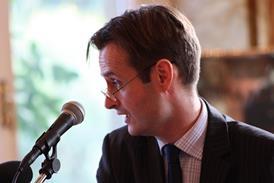
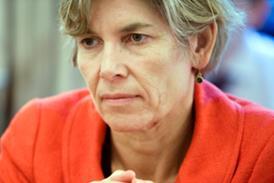




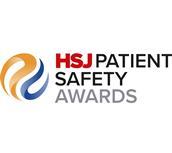

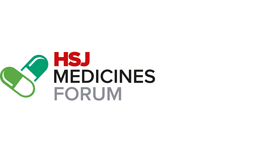











No comments yet